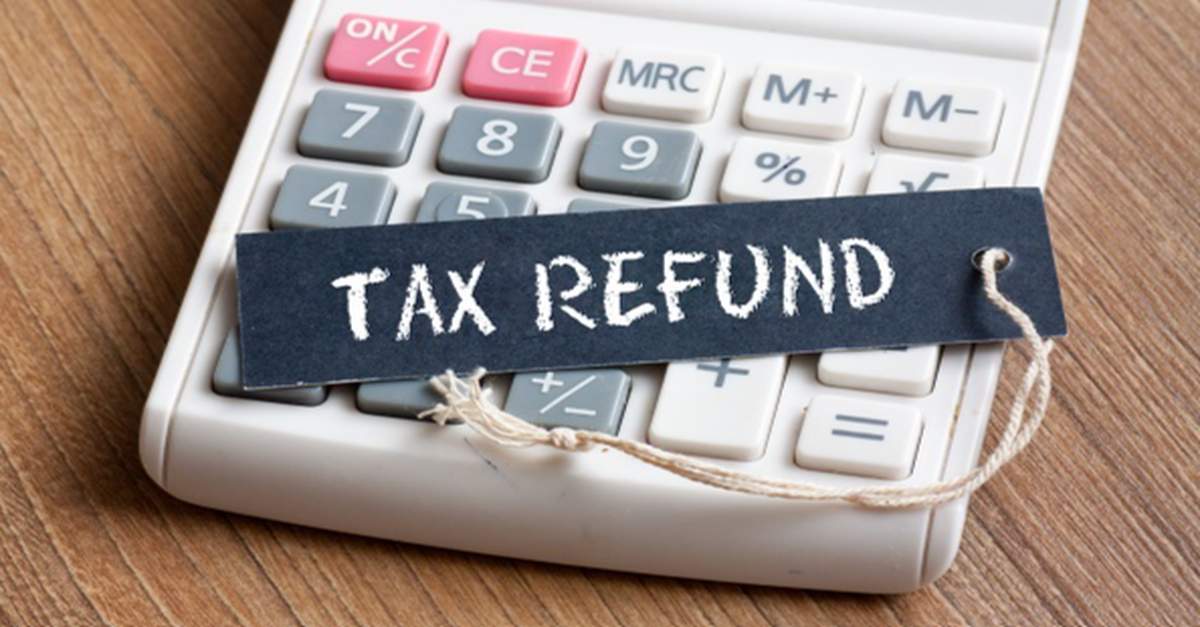
The Tax Authorities Do Not Refund Profit Tax
Excessively paid profit tax is not refunded to businesses in Curaçao within the legal timeframes. Meanwhile, the Tax Authorities announce strict measures against businesses that fail to file their profit tax returns or make timely payments. For a fair tax system, one would expect the Tax Authorities to adhere to the rules set by law, but in practice, this is not the case.
Currently, profit tax is collected immediately upon filing both the provisional and final tax returns, while refunds for overpaid tax are often significantly delayed. This understandably frustrates taxpayers. A taxpayer must file a provisional tax return by the last day of the third month after the end of the fiscal year and pay the corresponding tax immediately. There is no option to request an extension for this filing. For the 2024 fiscal year, the provisional profit tax return must be submitted by March 31, 2025. The declared tax amount must be at least equal to the profit reported in the most recent final return. If a taxpayer wishes to report a lower amount, a well-substantiated request must be submitted to the Inspector.
Additionally, the final tax return must be submitted by the last day of the sixth month after the end of the fiscal year, along with the corresponding tax payment. Under the Profit Tax Ordinance, taxpayers can request an extension for filing the final return. The Inspector must provide a written and reasoned decision within fifteen days. If no response is received within this period, the filing deadline is automatically extended by three months. In a December announcement, it was stated that no extension requests would be needed for the 2024 final profit tax return, which must be submitted by December 1, 2025, one month earlier than usual. However, as of now, the system does not yet allow taxpayers to file the final return for 2024. It is expected to be available via the online portal in April 2025.
When the final profit tax return indicates that a taxpayer is entitled to a refund, the process becomes significantly slower. The Inspector has six months from the filing date to issue an assessment, which should include a refund if applicable. However, in practice, the Tax Authorities do not issue assessments with refunds, despite being legally required to do so. If the six months are exceeded, the Tax Authorities must provide a written and reasoned notification to the taxpayer, something that rarely happens, leaving businesses unaware of why they have not received their refund.
If an assessment is eventually issued, the taxpayer is entitled to interest compensation. However, the calculation is complex, and the compensation itself is minimal. The interest rate is 4% per year, but it is only calculated on a maximum of 25% of the amount declared in the provisional return. The interest period begins on the date when the tax was paid, but no earlier than the due date. It ends on the date of the assessment or decision granting the refund.
Since the Tax Authorities rarely issue a refund assessment within six months, taxpayers must file an objection to claim their refund. The objection must be submitted within two months after the six-month period expires. Unfortunately, in practice, the Tax Authorities often fail to respond within a reasonable timeframe, leaving businesses waiting for their refunds. If the Inspector does not issue a decision within nine months of receiving the objection, the taxpayer may initiate legal proceedings. This means that businesses must file a lawsuit to obtain their refunds an unnecessary step if the Tax Authorities adhered to legal deadlines.
Even when an assessment granting a refund is finally issued, the refund is not automatically deposited into the taxpayer's account. The Receiver’s Office often delays payments, sometimes conducting its review of the refund's validity, something outside its authority. Funds that legally belong to the taxpayer, as determined by an official assessment, should be refunded without unnecessary delay.
This situation highlights a clear imbalance: taxpayers are strictly held to payment deadlines, while the Tax Authorities take excessive time for refunds. In an era of digitalization, where efficient processing is possible, such delays are difficult to justify. A faster refund process would create a fairer tax system. If you believe you are entitled to a profit tax refund, it is advisable to consult a tax advisor.
By Lennart Huijsen, Partner & Tax Advisor at Grant Thornton Curaçao (lennart.huijsen@cw.gt.com) and Haesle Soerka, Tax Advisor at Grant Thornton Curaçao (haesle.soerka@cw.gt.com).

